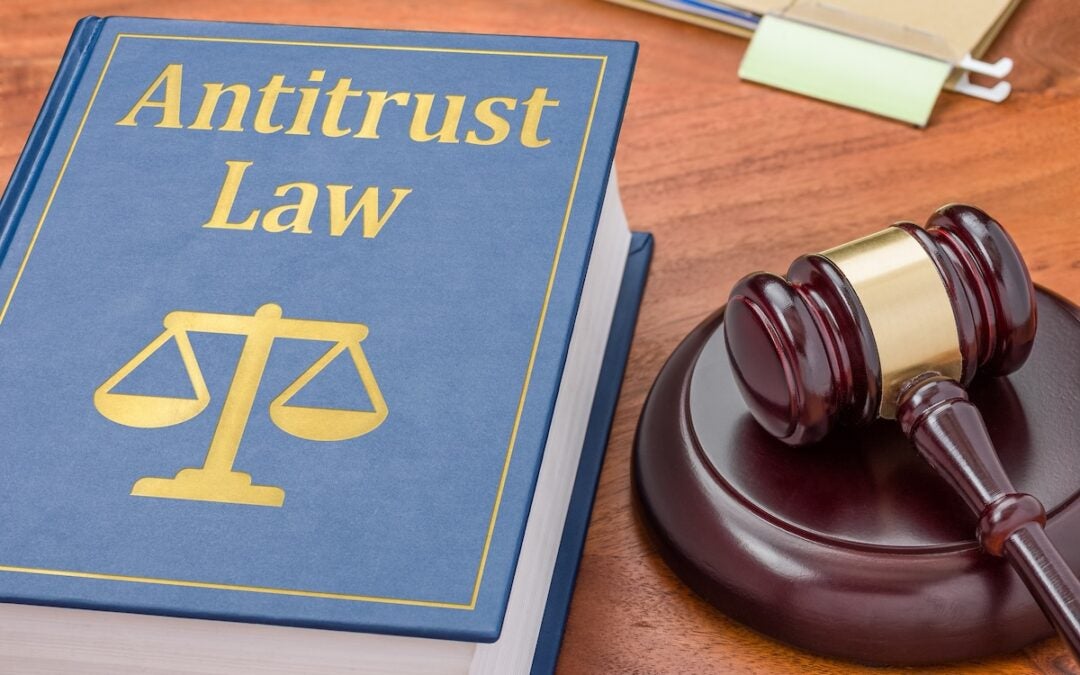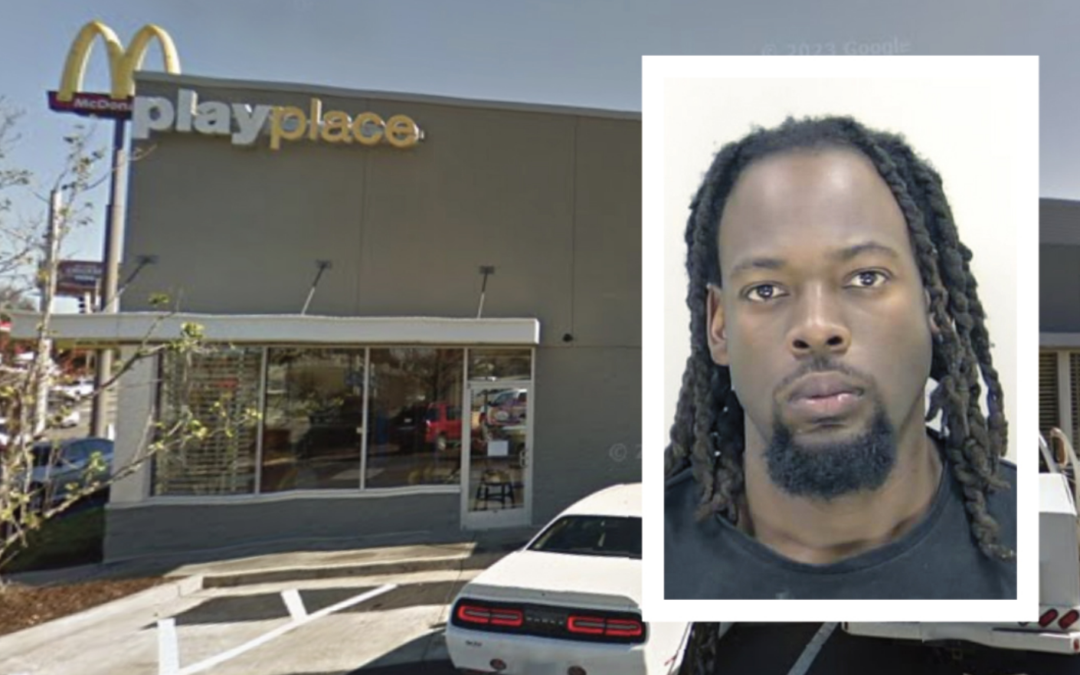The cost of home rentals is soaring, and so are evictions; however, assistance programs can help people stay in their houses or apartments rather than face homelessness.
According to a report by U.S. News and World Report, post-Covid pandemic evictions remain 50% higher in Georgia when compared to pre-pandemic rates, and many renters find themselves teetering month-to-month on the verge of losing the roof over their heads.
National figures indicate around 61% of Americans live paycheck-to-paycheck.”, and a study by Bankrate found only 39% of Americans could handle an unforeseen expense of $1,000; meaning many families are one car repair bill away from eviction.
Sometimes unscrupulous landlords who are locked into a lease will try to find sneaky ways to oust a tenant just so the unit can be flipped and rented for a higher price and that is why, according to Rental Awareness, consumers need to know the eviction laws.
Under Georgia law, a landlord must give a 60-day “quit” notice to renters who are on a month-to-month lease, but the landlord cannot convert a six-month or year lease into a month-to-month arrangement without the tenant’s approval.
Some landlords will use careful wording on a quit notice and attempt to force the tenant into signing a document that effectively forfeits their tenant rights under the law; therefore, tenants should only sign documents that are generated by the court.
According to the law, a tenant can only be evicted for non-payment of rent, a direct lease violation, criminal activity on the property or intentional damage inflicted on the property by the tenant.
Once served with court documents, the tenant has seven days to respond to the court and attempt to remedy the dispute.
In some cases, the dispute may be over repairs or maintenance of the property causing the tenant to withhold rent or pay for repairs themselves and deduct that money from the rent, instigating an eviction notice.
Local attorney Jeff Peil, who represents landlords in evictions says the law states that the obligation of the tenant to pay rent and the obligation of a landlord to maintain the property are two completely different matters.
“The choices are black and white, if you aren’t satisfied with the living conditions, you still have to pay rent or you have to move out, that’s the law,” Peil said.
In cases where landlords refuse to deposit rent checks and try to evict, Peil recommends that the rent be paid directly to the court.
While the courts are not completely dispassionate when it comes to financial hardship caused by the loss of a job or death in the family, the law doesn’t allow the courts much wiggle room when it comes to non-payment of rent; however, there is assistance available through groups such as The Salvation Army that offer both rental and utility payment assistance to avoid the disaster of becoming homeless.
Scott Hudson is the Senior Investigative Reporter and Editorial Page Editor for The Augusta Press. Reach him at scott@theaugustapress.com










